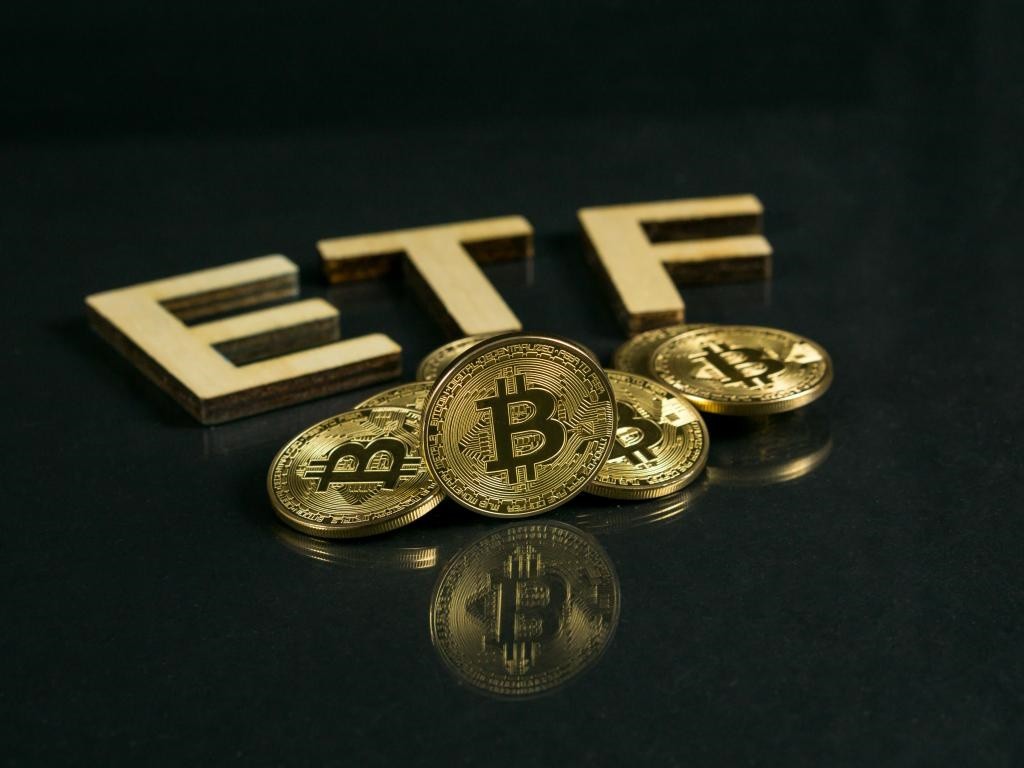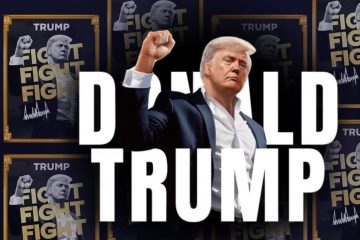The Early Market for Bitcoin ETFs Is Exploding. Is It Going to Be Other Crypto Funds?

Bitcoin exchange-traded funds were just recently introduced by Wall Street corporations. Now they’re trying to attract regular people by offering funds that contain a less substantial and more volatile cryptocurrency.
An application to establish the first exchange-traded fund (ETF) holding ether, the second-largest cryptocurrency, has been submitted by at least ten organizations, including BlackRock and Fidelity Investments. Management fees would be collected from investors, similar to how bitcoin and other ETFs work.
On Tuesday, in anticipation of the possible approvals, Ether, the Ethereum blockchain’s in-house coin, rose beyond $3,000 for the first time since April 2022. In comparison to bitcoin’s valuation of almost $1 trillion, its market cap was approximately $360 billion.
The first application for a spot ether ETF is due in May, and the Securities and Exchange Commission is likely to make a decision on all of the applications at the same time. Opponents argue that approving the project could open the door for exchange-traded funds (ETFs) to be backed by more speculative cryptocurrency assets, putting investors at greater risk than they may initially perceive.
Better Markets’ head of securities policy Ben Schiffrin stated, “Ether is just a very volatile asset and subject to tremendous price swings.” Schiffrin is an advocate for stricter financial rules.
Ethereum isn’t the first cryptocurrency to experience price manipulation or extreme volatility; in fact, there have been thousands of cryptocurrencies in circulation, but only a handful have grown significantly.
There has been no definitive indication from the SEC on the approval or rejection of the ether applications. Since businesses have sought spot bitcoin ETFs, a number of other variables have entered the picture.
The SEC’s continuous rejection of applications for spot bitcoin ETFs for years was due to bitcoin’s vulnerability to fraud. That was back in August, before the agency was forced to authorize the cash last month by a court judgment. According to Bloomberg and JPMorgan data, nine of them received almost $13 billion in investment capital.
The approval of the bitcoin funds, according to some observers, makes the ether funds a foregone conclusion.
The strong relationship between bitcoin and bitcoin futures prices was one of the reasons the SEC approved the bitcoin funds. Among cryptocurrencies, only Ether has futures contracts traded on the CME, an exchange overseen by the Commodity Futures Trading Commission.
In October, the SEC authorized the debut of over six ether ETFs based on futures, but so far, investors have shown little enthusiasm for the funds.
There were significant changes to the operational details of the funds in the January-approved proposals for spot bitcoin ETFs. The spot ether ETF applications have comparable information.
The fact that these technical concerns have been resolved adds fuel to the fire, according to James Seyffart, an ETF analyst at Bloomberg Intelligence.
“I am hoping that these will be approved in 2024,” he stated.
However, acceptance is still far from guaranteed due to important distinctions between bitcoin and ether.
To begin, SEC Chair Gary Gensler has repeatedly called bitcoin a commodity, but he has been mum on the subject of whether ether is a security or a commodity. The asset’s regulatory status and the authority in charge of it are defined by this difference.
One important part of ether that the SEC has been looking into has also been a possible roadblock to clearance. To facilitate the verification of transactions on the Ethereum network, ether holders can offer their holdings and computational power as collateral. People can earn interest on their assets through a procedure called staking.
Following an order from the SEC ordering Kraken to cease U.S. staking offerings in February of last year, Coinbase Global was sued a few months later on the grounds that its staking program constitutes an unregistered securities.
Seyffart speculates that the SEC may authorize the ether ETFs but prohibit staking in them. The candidates have shown that they are taking diverse stances on the issue.
Staking in the $9.4 billion ether trust is not available, according to crypto asset manager Grayscale Investments’ blog post, which explains that this decision is based on insufficient tax guidance and other concerns.
In its application, Franklin Templeton mentioned the possibility of staking some of its ETF assets with other companies and adding the money collected to the fund.
Even if the ideas are approved by the SEC, the funds will still not be as popular as bitcoin ones. Wall Street businesses will probably still provide them despite that.
Issuers are surely drooling over the idea of introducing spot ether ETFs, seeing the tremendous early success of spot bitcoin ETFs. according to Nate Geraci, head of the investment advisory firm ETF Store.







